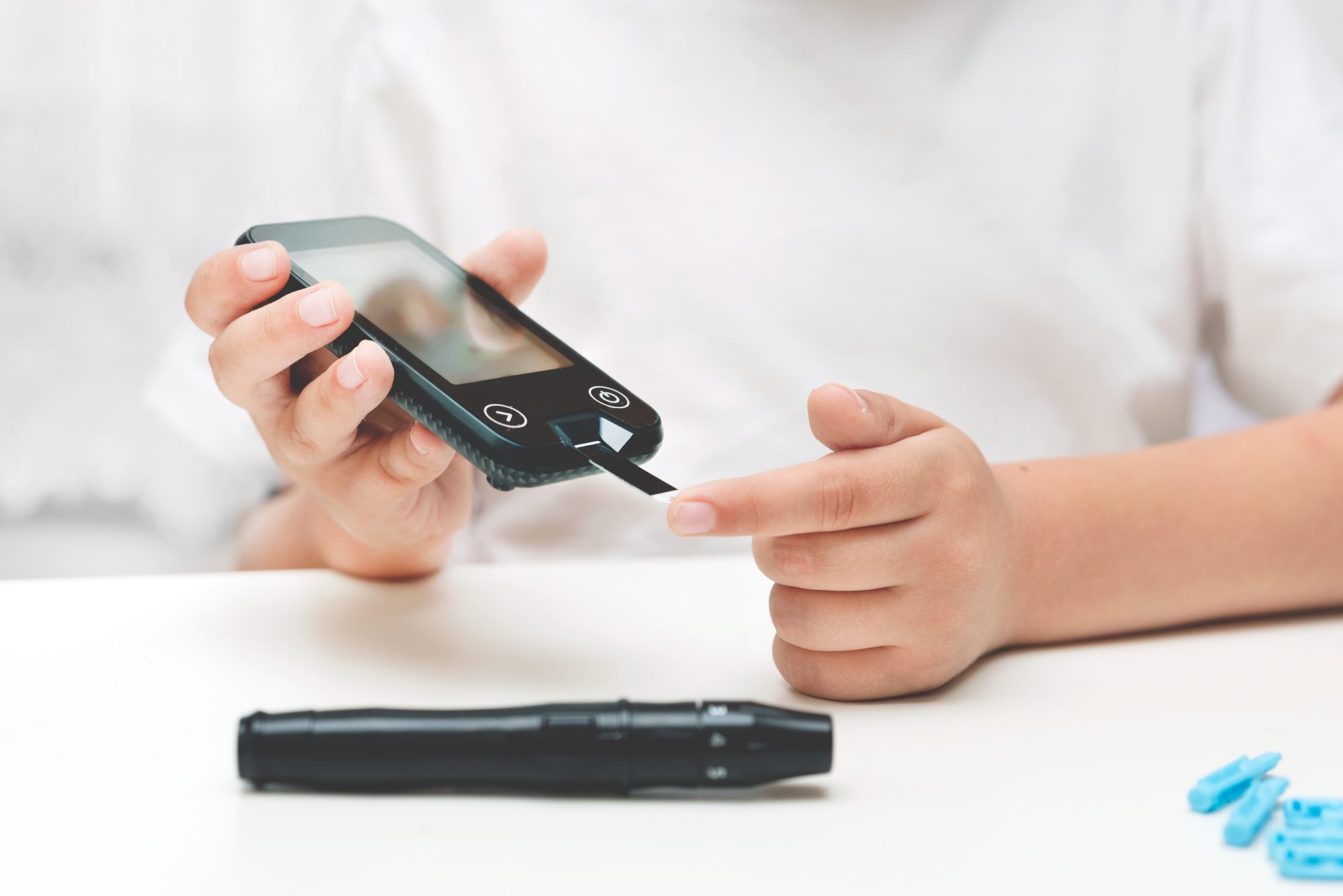
More children have been diagnosed with diabetes in recent years. But the pandemic has brought a fresh concern that's alarming some doctors and researchers: The possibility that COVID-19 infection could trigger new cases of the disease.
In one children's hospital in Los Angeles, new cases of type 2 diabetes increased from 44 in 2018 (pre-pandemic) to 82 in 2020 (the height of the pandemic), according to research published in the journal Diabetes Care. And the children with new cases in 2020 were also sicker. More presented with DKA (diabetic ketoacidosis), a serious complication that involves very high blood sugar and can be life-threatening. Some of the children had antibodies in their blood suggesting they'd been exposed to COVID-19.
In another study of five centers in the U.K., researchers found an 80 percent increase during the pandemic in the number of kids with new cases of type 1 diabetes, as well as a rise in DKA.
This uptick is also a concern with adults. An international group of diabetes researchers recently established a registry of patients who have COVID-related diabetes.
Is There a Link Between COVID-19 and Diabetes?
"The known link between COVID-19 and diabetes is still unclear," says Cynthia E. Muñoz, Ph.D., president of health care and education for the American Diabetes Association (ADA). While some hospitals are seeing a jump in new cases, others are not. Like a lot of things surrounding COVID, there are still many mysteries. To find out more, the ADA is conducting research around it.
One of those researchers has found evidence that the virus damages cells in the pancreas. Senta Georgia, Ph.D., principal investigator for the Center for Endocrinology, Diabetes, and Metabolism at Children's Hospital Los Angeles, has observed in research that COVID-19 injures beta cells, the cells in the pancreas that produce the hormone insulin.
If beta cells aren't functioning well and can't produce enough (or any) insulin, glucose can't move from the bloodstream into cells. That can trigger diabetes. Whether those cells eventually recover from the injury inflicted by COVID-19 or the damage is long-term is still unknown, says Dr. Georgia.
It's important to note it's been thought other viruses like mumps may trigger type 1 diabetes too by damaging those same beta cells. Those people are believed to be "genetically predisposed" to developing the condition.
Need-to-Know Signs of Diabetes
There are already many fears surrounding COVID-19, and this isn't meant to add one more to the list. But it's important to know the red-flag symptoms of diabetes.
Both type 1 and type 2 diabetes affect children, and rates of both have been on the rise in recent years. Type 1 diabetes, usually diagnosed in childhood, is an autoimmune condition that occurs when the body can't make insulin.
Type 2, the more common form, happens when the pancreas doesn't make enough insulin or the body becomes resistant to it. In both cases, glucose can't properly get out of the blood and into the cells to provide energy.
Symptoms can be the same for either type and may be mild or severe. The signs to watch out for include:
Trouble is, those symptoms can sometimes be mistaken for illnesses such as the flu, says Dr. Muñoz. So if they persist, insist that your doctor screen for diabetes, which involves blood and urine tests. And in the meantime, continue to follow COVID-19 prevention strategies like masks, hand-washing, and avoiding crowded indoor areas.
Sally Kuzemchak, MS, RDN, is a registered dietitian and Parents advisor who blogs at Real Mom Nutrition. You can follow her on Facebook and Instagram.





